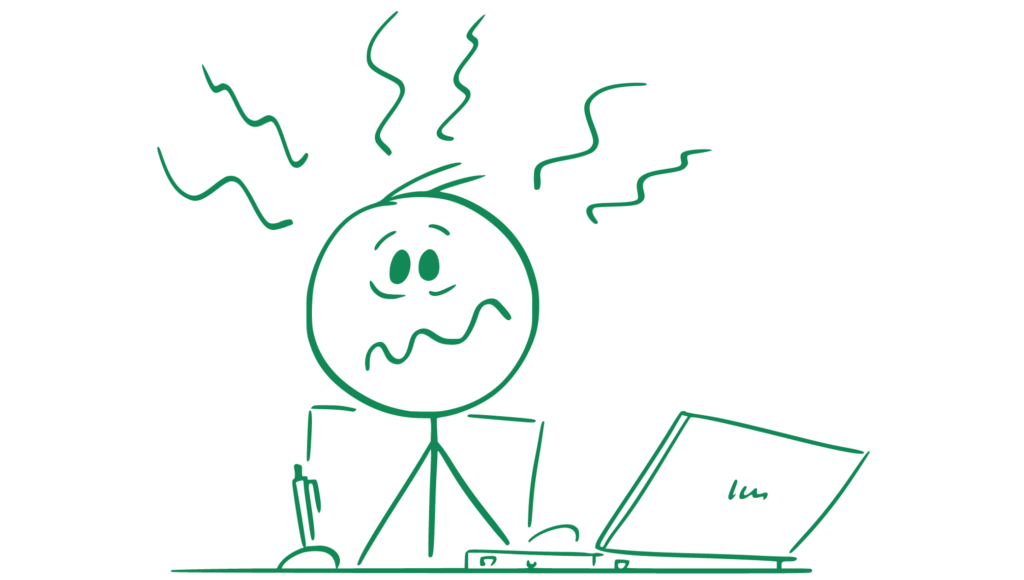
When I ask, “How are things going at work,” I often receive the response, “It’s so busy!” or “There’s so much to do!” In group settings, those comments are often followed by agreement that everyone is doing at least two jobs, that they sometimes forget to eat or take a bio break, and that they work well into each evening and on weekends. What strikes me during these conversations is that team members often share this reality proudly, as if overwork is not only expected but also proves their worth as contributors. In order to be seen as dedicated and successful, and in order to position themselves for possible promotion, they must devote countless hours to their jobs and project a sense of satisfaction with that reality.
When I speak confidentially with colleagues and clients, the story sounds quite different. Team members share that the amount of work leaves them feeling overwhelmed, frustrated with their workplace, consistently exhausted, and fearful of making mistakes. Further, while they understand that the pace is unsustainable over the long term, they don’t feel empowered to address it.
So how do we navigate this dichotomy? First, we need to be honest with ourselves, our teams, and our institutions about the impacts of our current culture—and the need to transform it. Then, we need to enact change on several levels:
Institutionally, we should tackle the actual workload—by ensuring that each person holds only one reasonably-sized portfolio, by eliminating unnecessary meetings, and by instituting more efficient workflows whenever possible. Perhaps most importantly, we should recognize that while “asking” team members to perform more than one job at a time may be cost effective in the short term, that practice harms team members and can ultimately cost the institution more money in the form of serious mistakes, a decrease in employee health and well-being, and an inability to retain good employees.
Leaders and managers should refrain from rewarding constant “busy-ness” and instead promote efficiency and balance as measures of success. They should also model healthy behaviors, including unplugging during vacation, encouraging lunch and other breaks during the day, prioritizing what projects they assign and delaying other tasks, advocating for additional staff (even temporarily!) to alleviate workload, and avoiding sending emails after work hours.
Individually, instead of wearing overwork as a badge of honor, we need to be honest about the impact of the current state and acknowledge the limits to what we can reasonably accomplish. We need to recognize that by giving ourselves time to recharge, we will be more productive, more creative, and ultimately more effective in our jobs. And we can also share stories with our colleagues and friends about those pleasurable times when we aren’t so busy at work!

